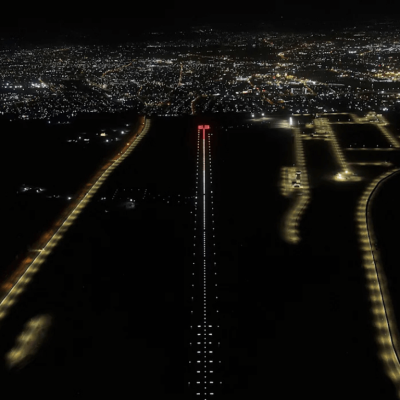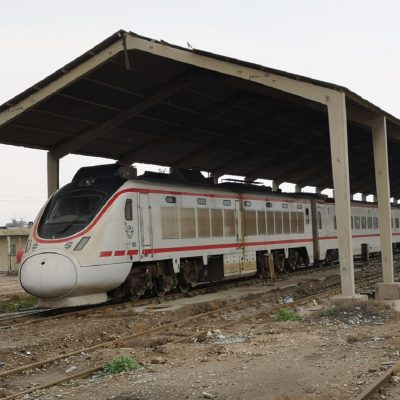Treachery bullets in Iraq … the assassination of two activists in Maysan.
The specter of assassinations reappeared again in Iraq, sources reported the assassination of activist Abdul Quddus Qasim and lawyer Karar Adel in Amarah in Maysan Governorate, in the south of the country. Activists reported that unknown gunmen shot Qasim and Adil in the Hay Al-Sinaey area, before fleeing.
In addition, dozens gathered at night in Maysan to bid farewell to the activists. One of the videos showed Umm Abdul Quddus wailing over the body of her son, while one of the activists heard a voice accusing the government parties of killing them.
It is noteworthy that the demonstrations camps in Maysan were attacked a month ago by supporters of the Sadrist movement (led by Shiite cleric Moqtada al-Sadr) and what are known as “blue hats”, after a number of Baghdad activists and other provinces visited the demonstrations square in the southern province for coordination. Between the demonstration arenas in various parts of Iraq.
The demonstrations in Iraq since its start on the first of October witnessed violent stations and assassinations of active activists, media workers and lawyers.
Although many of these assassinations were documented via surveillance cameras placed on the streets, no accused has been arrested so far.
The protests, which started as a demand for living rights and fighting corruption before they turned into political demands calling for radical change, witnessed several stations, characterized by violence, which led to the killing of hundreds of demonstrators.
In a statement, a spokesperson for the Commission for Human Rights, said that the Iraqi demonstrations witnessed more than 550 deaths.
In addition, a poll prepared by Reuters earlier, based on what medics and police said, about 500 people, most of them protesters were killed, and recorded about 80 kidnappings since the protests began. Only about 22 of the kidnapped were released.
In its 2019 report on the reality of human rights in Iraq, Amnesty International stated that “security forces, including factions of the Popular Mobilization Forces, used excessive force against protesters, while activists were subjected to arrest, enforced disappearance, torture, and other Forms of intimidation, at the hands of the intelligence and security services. “




